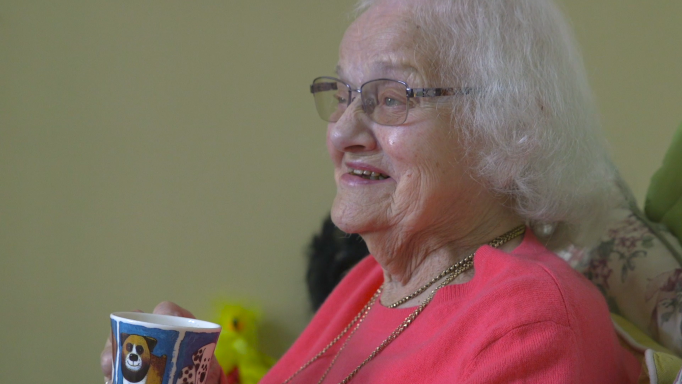In the realm of home care, the empowerment of older adults and the preservation of their independence stand as fundamental objectives. Caregivers, entrusted with the well-being of older adults, play a pivotal role in achieving this goal. In this blog, we will delve into why caregivers should strive to promote independence. How they can actively do so. And, why preserving individuality and independence is crucial within a homecare setting, thereby promoting independence for older adults.
Why should caregivers of older adults strive to promote their independence?
- Enhanced Quality of Life: One of the primary reasons caregivers should prioritise independence is that it significantly improves the overall quality of life for older adults. Maintaining a sense of autonomy fosters a positive self-image and emotional well-being, promoting senior independence.
- Retaining Dignity: Encouraging independence helps older adults maintain their dignity. It prevents them from feeling overly reliant on others and preserves their sense of self-worth.
- Physical and Mental Health Benefits: Independent living often results in better physical and mental health outcomes. Older adults who can perform daily tasks feel more confident and capable. This reduces the risk of depression and other mental health issues. Promoting independence for older adults is crucial here.
How can carers promote independence in older adults?
- Assessment and Tailored Care Plans: Caregivers should conduct thorough assessments to understand the specific needs and abilities of each senior. Based on this assessment, they can create tailored care plans. Plans will focus on areas where independence can be promoted, which essentially is about promoting independence for older adults.
- Encouraging Decision-Making: Involving older adults in decision-making processes related to their care, such as meal planning or daily routines. This can empower them to make choices that align with their preferences and abilities.
- Adaptive Equipment and Home Modifications: Caregivers can recommend and implement adaptive equipment or home modifications. These can make daily tasks more manageable, such as grab bars, mobility aids, or ergonomic furniture, further promoting independence.

How do you promote independence in older adults?
- Skills Training: Caregivers can provide training and support to help older adults acquire or relearn skills that enhance their independence. This helps in effectively promoting independence for older adults.
- Gradual Support: Gradually reducing assistance as they become more confident in performing tasks independently allows for a smooth transition towards greater self-sufficiency.
- Promoting Social Engagement: Encouraging to participate in social activities, both within and outside the home, helps combat isolation and fosters a sense of independence.
Why is it important to maintain individuality and independence within a care setting?
- Preservation of Identity: Every adult has a unique life story, preferences, and values. Preserving individuality acknowledges the richness of their experiences and respects their identity, promoting their independence as well.
- Enhanced Emotional Well-being: Older adults who feel that their individuality and independence are respected tend to experience lower levels of stress and depression. This contributes to a more positive emotional state.
- Fostering a Sense of Purpose: Independence allows older adults to continue pursuing their interests and passions. This gives them a sense of purpose and fulfilment. Promoting independence for older adults is key in this regard.
In conclusion, caregivers have a profound impact on the lives of their clients. They play a vital role in promoting independence in older adults. By understanding the importance of independence, adopting empowering strategies, and preserving individuality within care settings, caregivers can enhance the well-being and overall quality of life for those they serve. In doing so, they create an environment where aging is not about dependence but rather a celebration of continued autonomy and self-expression, truly promoting independence.
If you would like to find out more about our homecare services, then please don’t hesitate to get in touch with our team at Lifestyle Homecare today.

